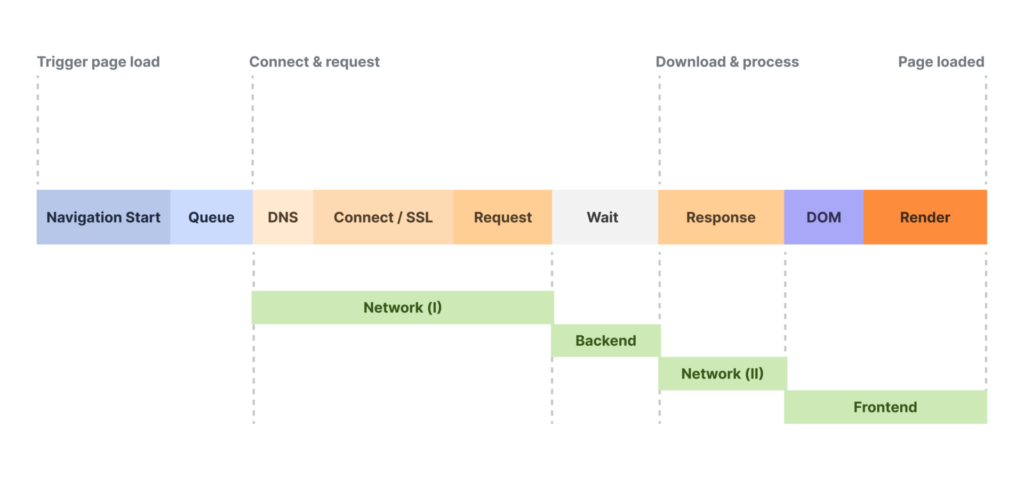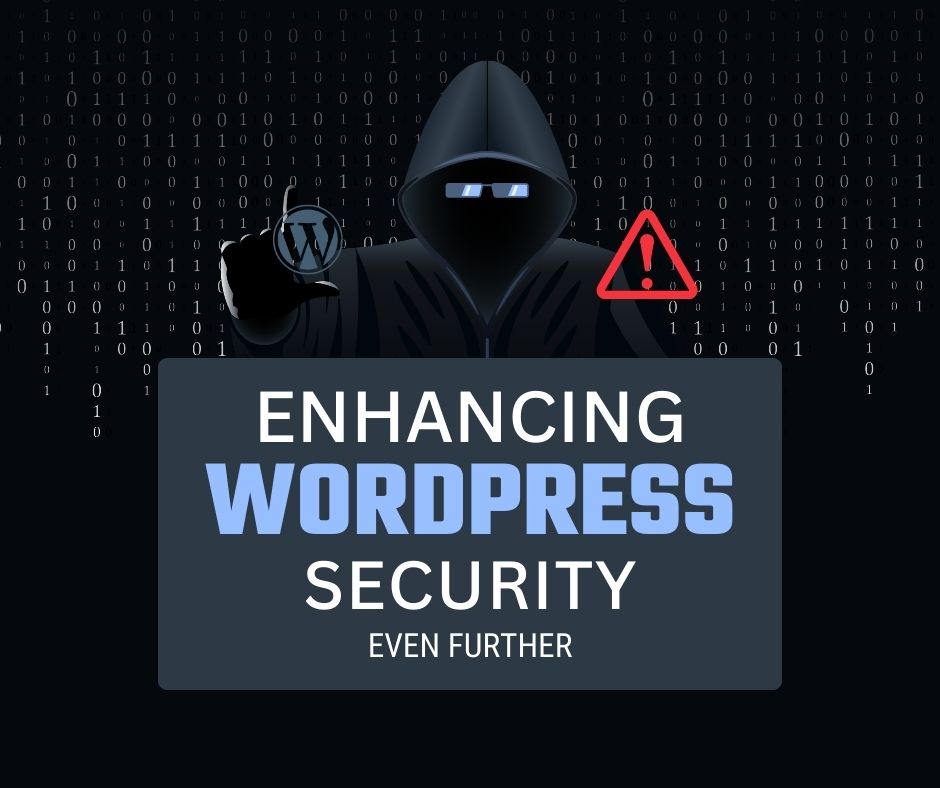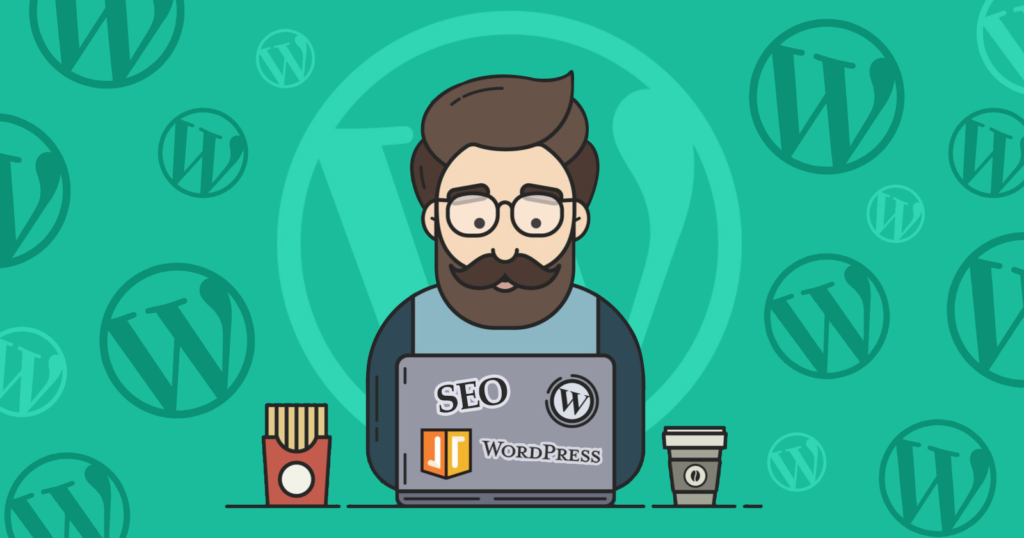Why Website Speed Effects Scalability
Conversion Rates
Research conducted by major players such as Amazon and Google consistently demonstrates that faster website performance correlates with improved conversion rates. It’s a simple equation: the slower the site, the lower the likelihood of visitors making purchases, reaching out to you, or engaging in discussions. Each second of delay equates to a 7% reduction in conversion rates.
Higher Ranking
Search engines, particularly Google, prioritize faster websites in their rankings. Improved loading times are directly linked to higher search engine rankings, which translates to increased website traffic. While guarantees of top rankings cannot be made, an optimized website significantly improves the likelihood of achieving favorable search results.
More Pageviews
Loading speed directly impacts pageviews. Even a one-second delay results in an 11% decrease in pageviews. Conversely, a faster-loading website tends to prolong visitor engagement, leading to more pageviews and ultimately, greater revenue from advertising.
Understanding how a webpage is loaded
This will help you grasp how your website can be optimised


